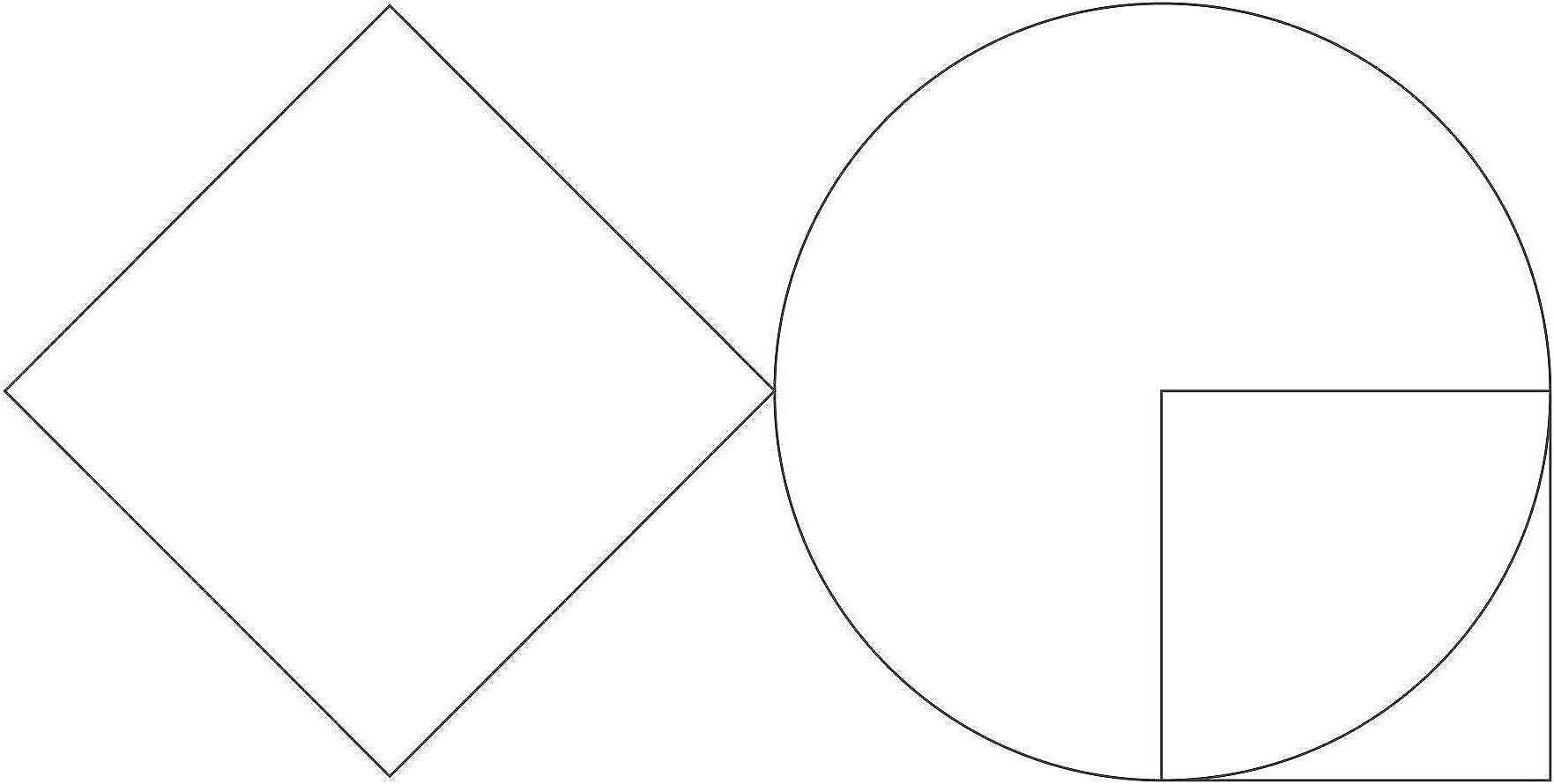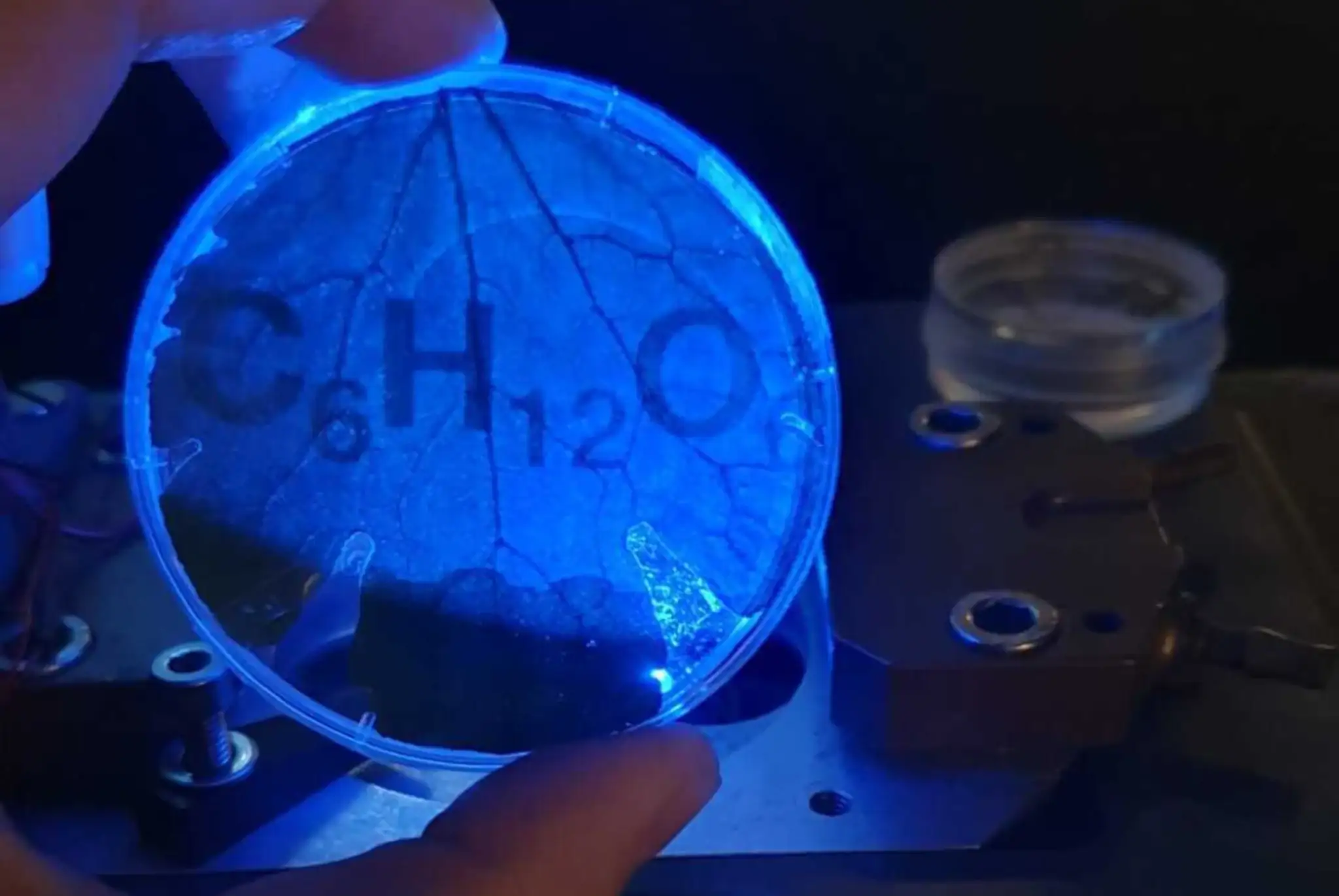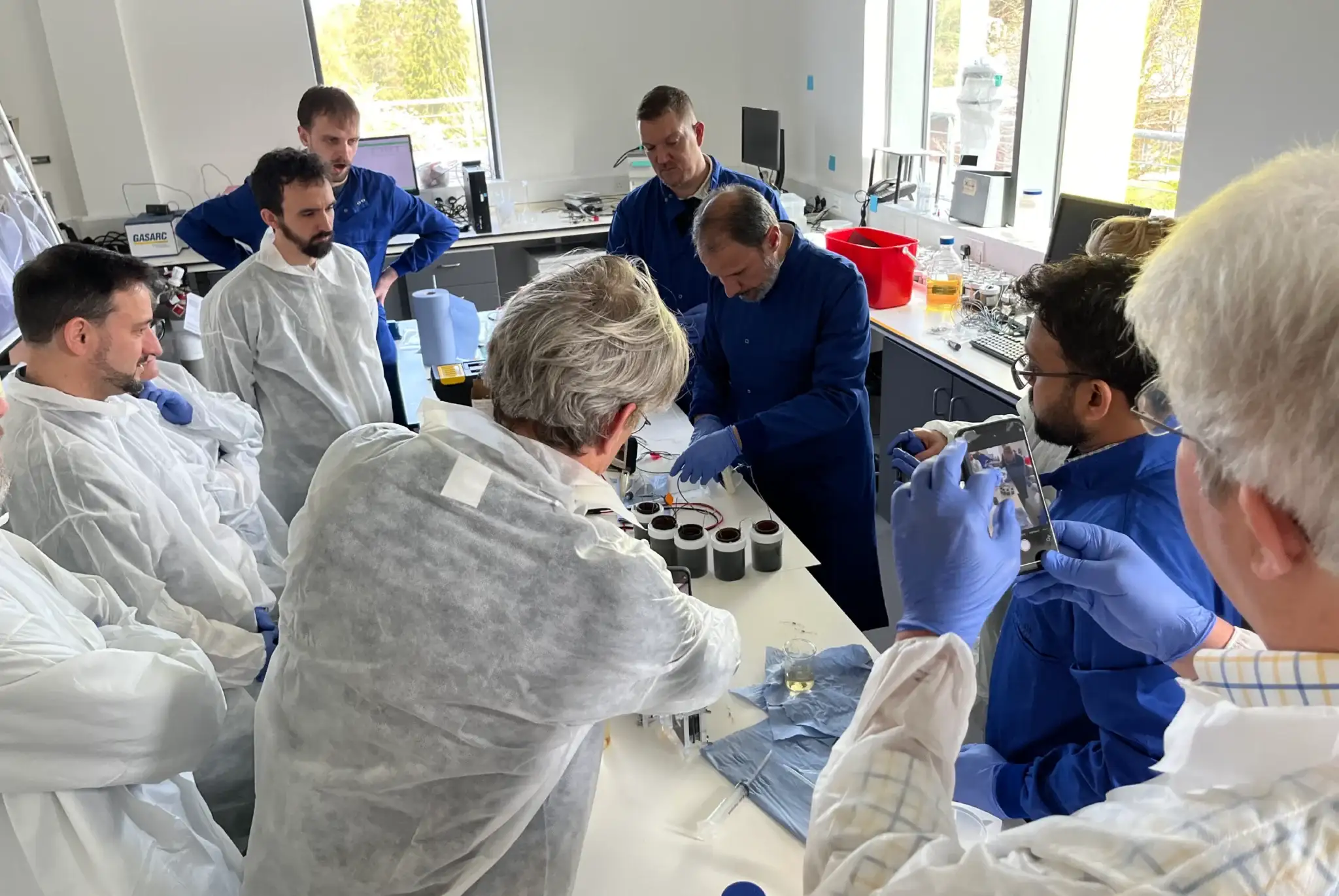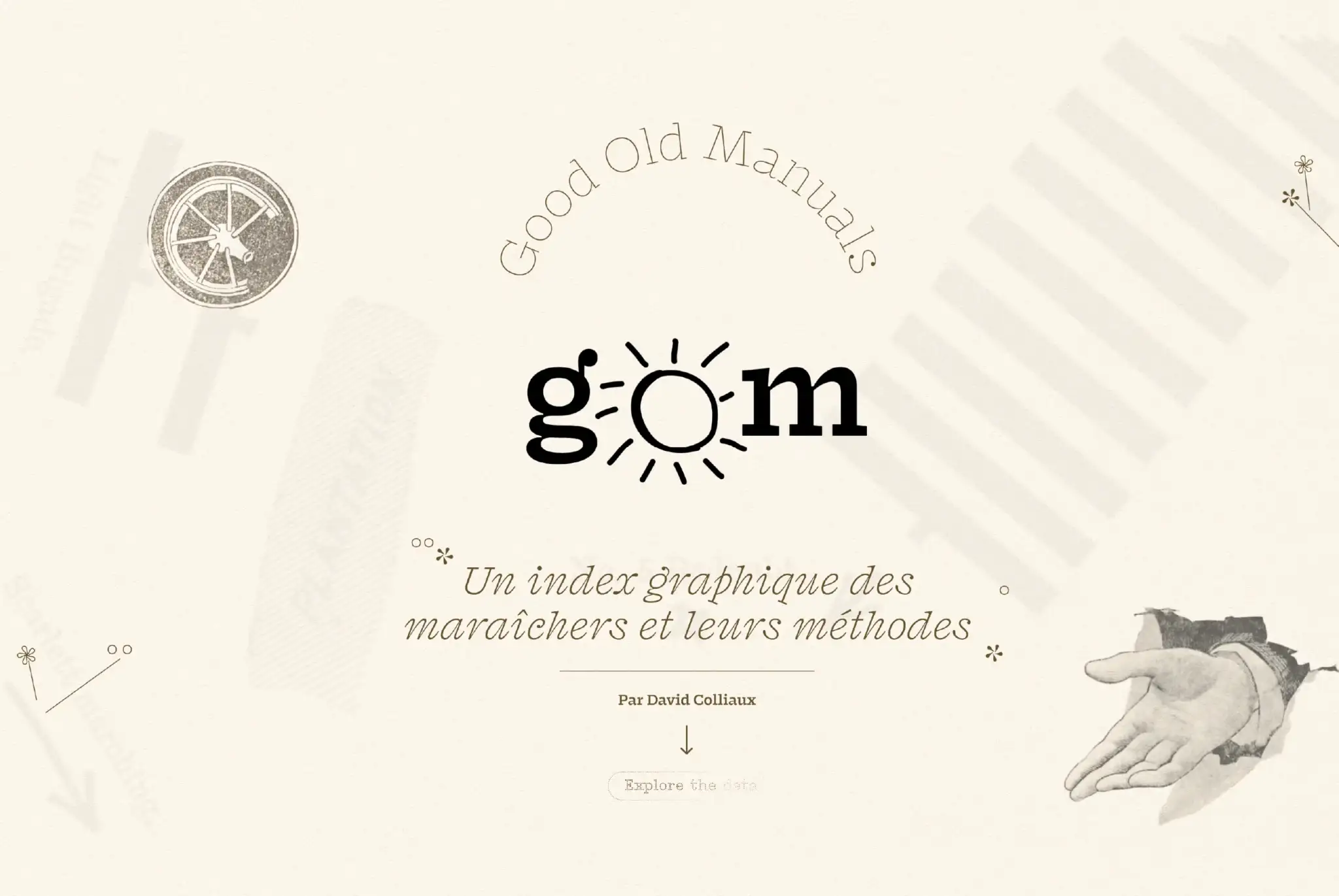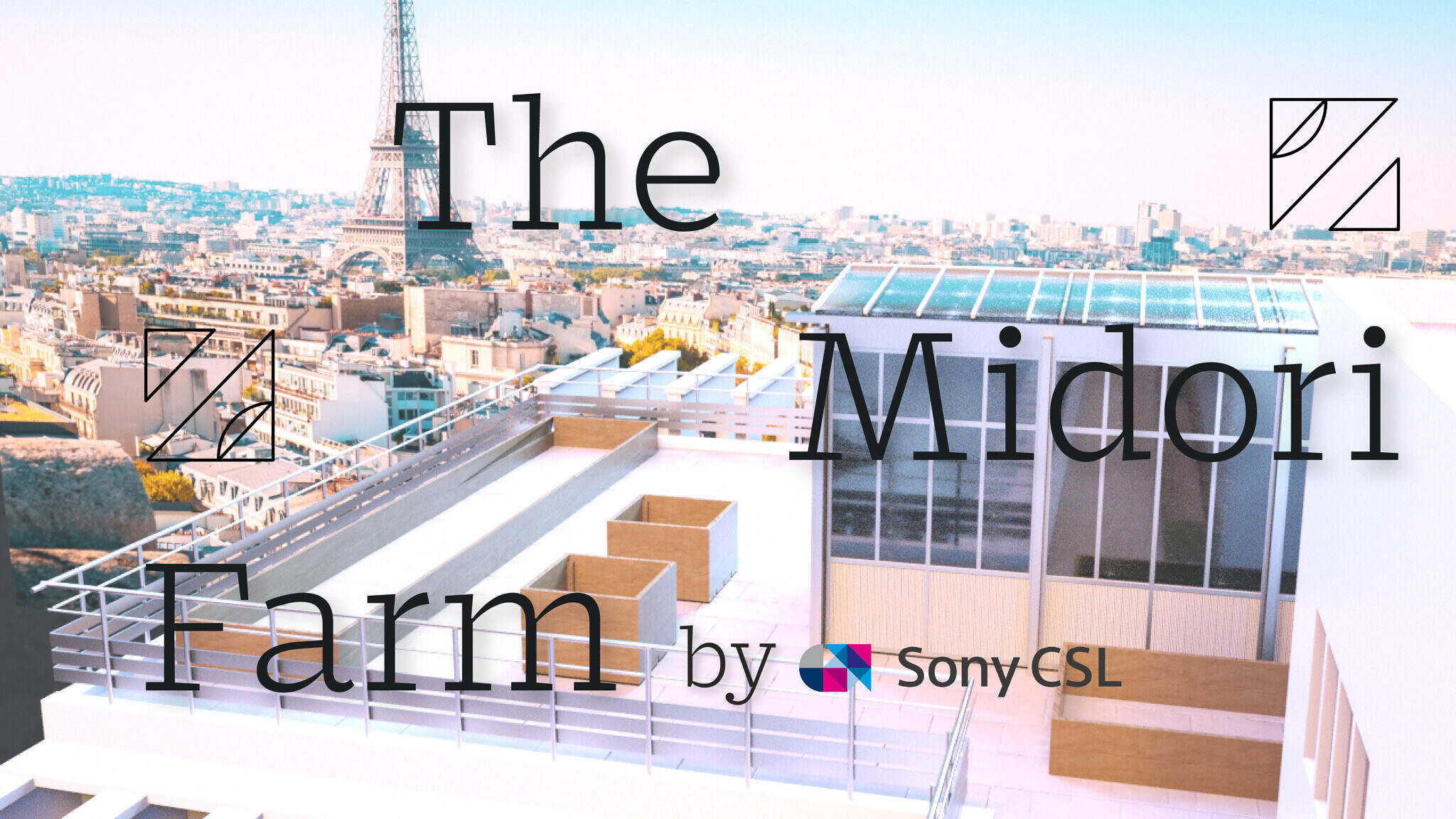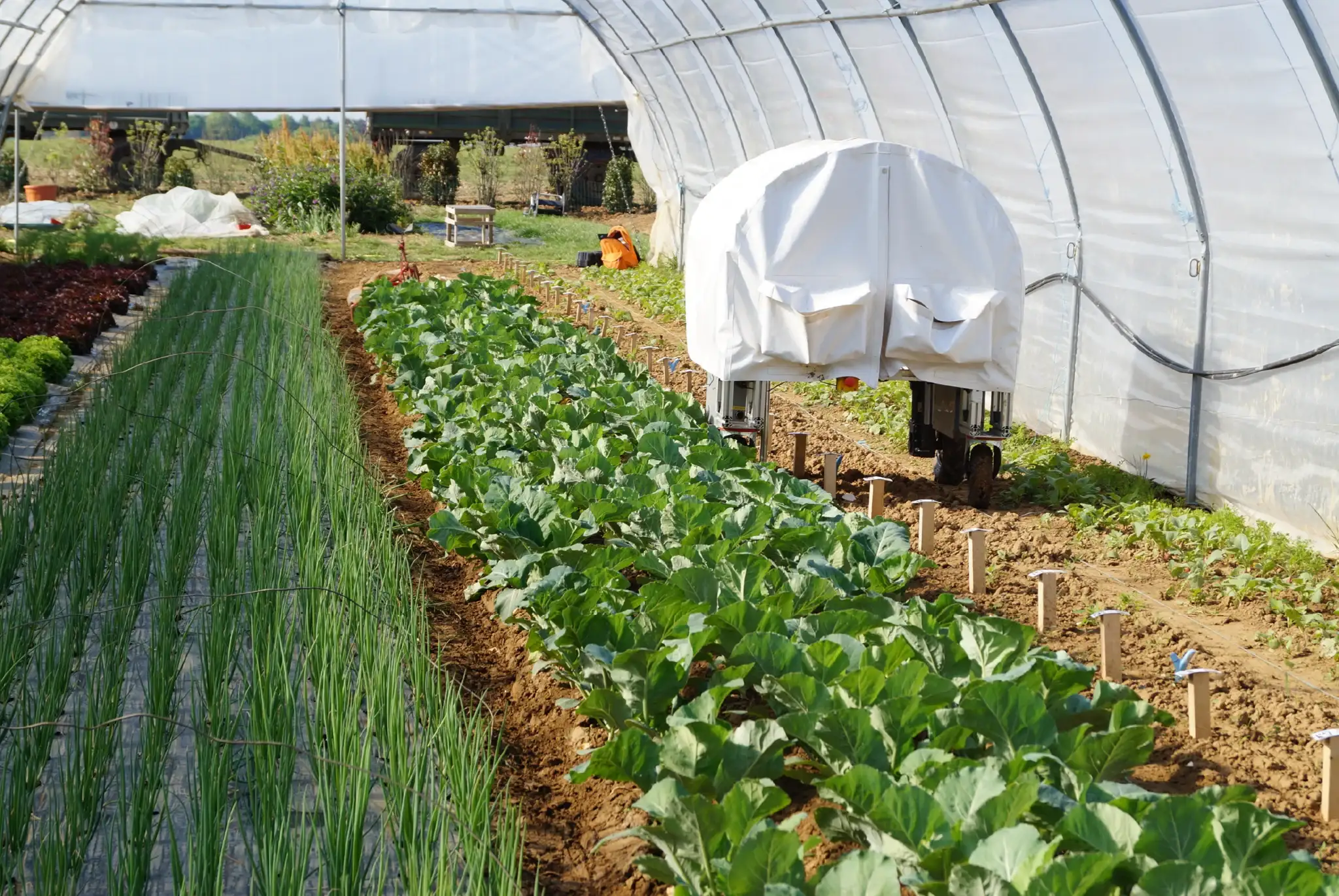
ROMI, Robotics for microfarms
Contributors
Share

Peter Hanappe
Director
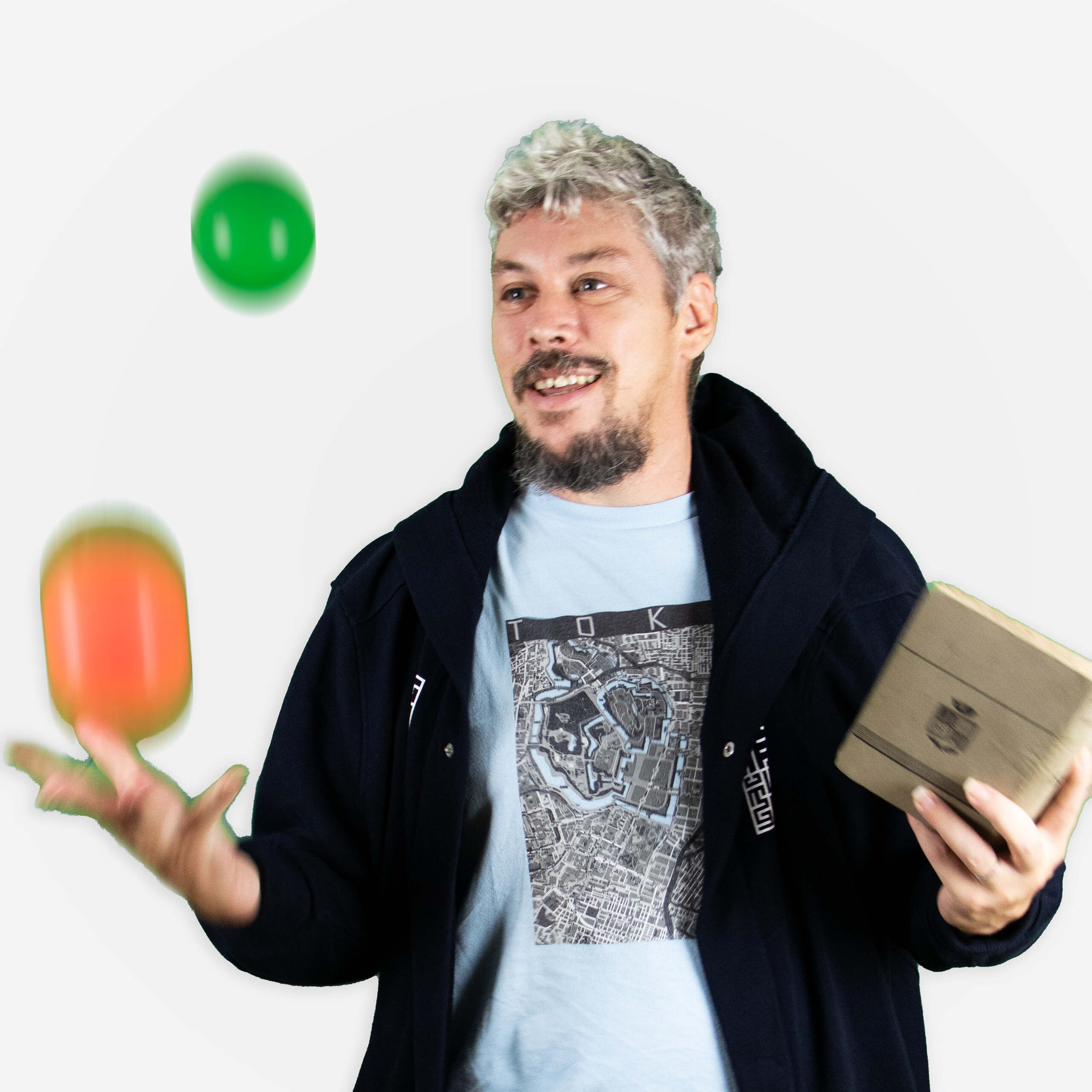
David Colliaux
Researcher
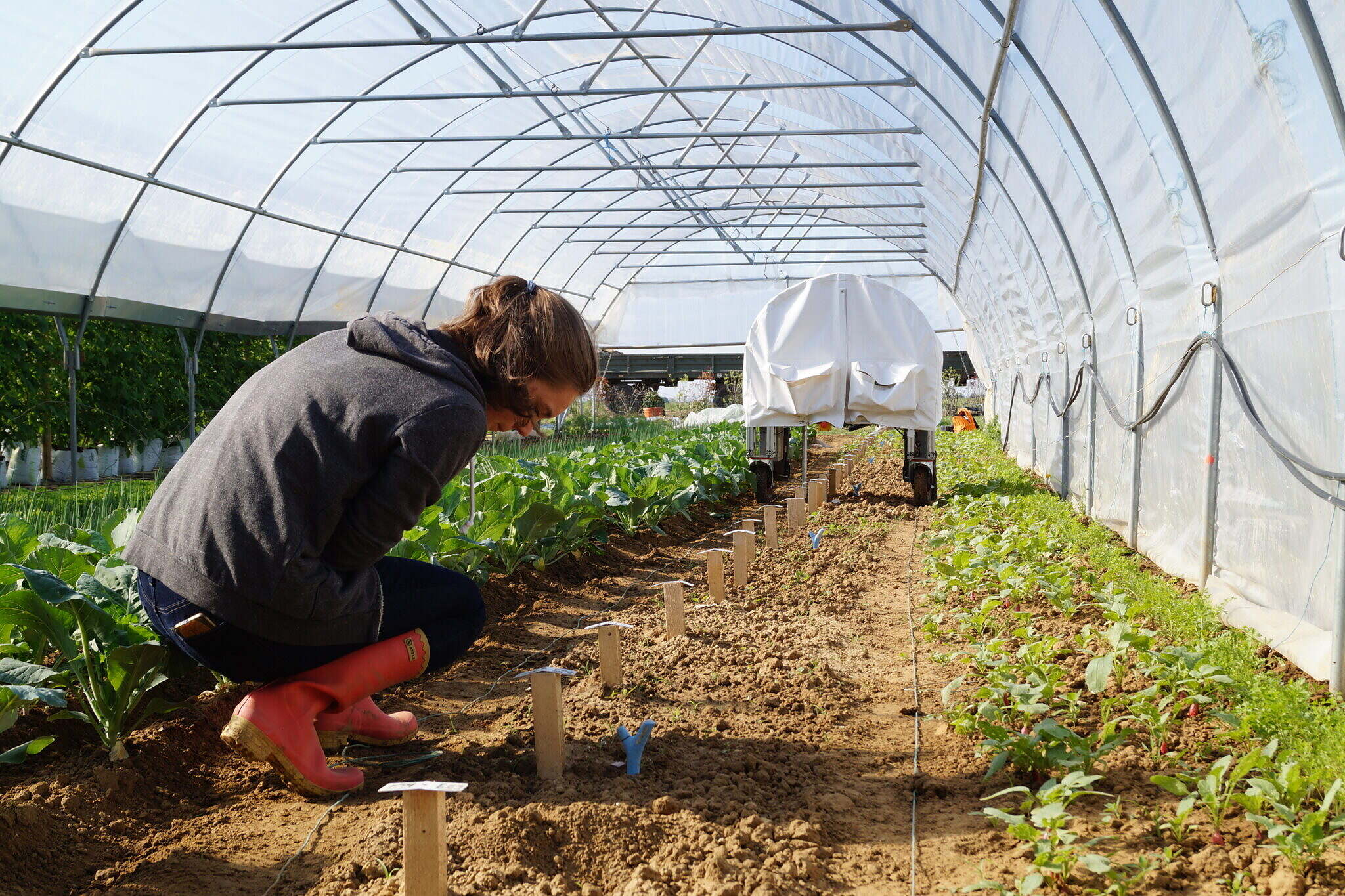
— Abstract
The long-term goal is to develop robotic tools and AI systems to monitor, model and manage food-producing ecosystems. The ecosystems that we are targeting are small, highly diversified, organic farms. The tools that we are designing will have to intervene in this complex natural environment and will have to gather the necessary data that allows to track and predict the health of the plants and the ecosystem. These new tools may help increase food production AND the biodiversity of farming systems while at the same time lowering the physical effort needed to run a farm.
We made the first steps towards this goal in the EU funded project Robotics for Microfams (ROMI). Our starting point was the observation that all over Europe, young farmers are starting small market farms and direct sales businesses. These farms can be found both in rural, peri-urban and urban areas. They grow a large variety of crops (up to 100 different varieties of vegetables per year) on small surfaces (0.01 to 5 ha) using agroecological farming practices. These farms have proven to be highly productive, sustainable and economically viable. However, a lot of work is done manually, resulting in physically challenging work conditions.
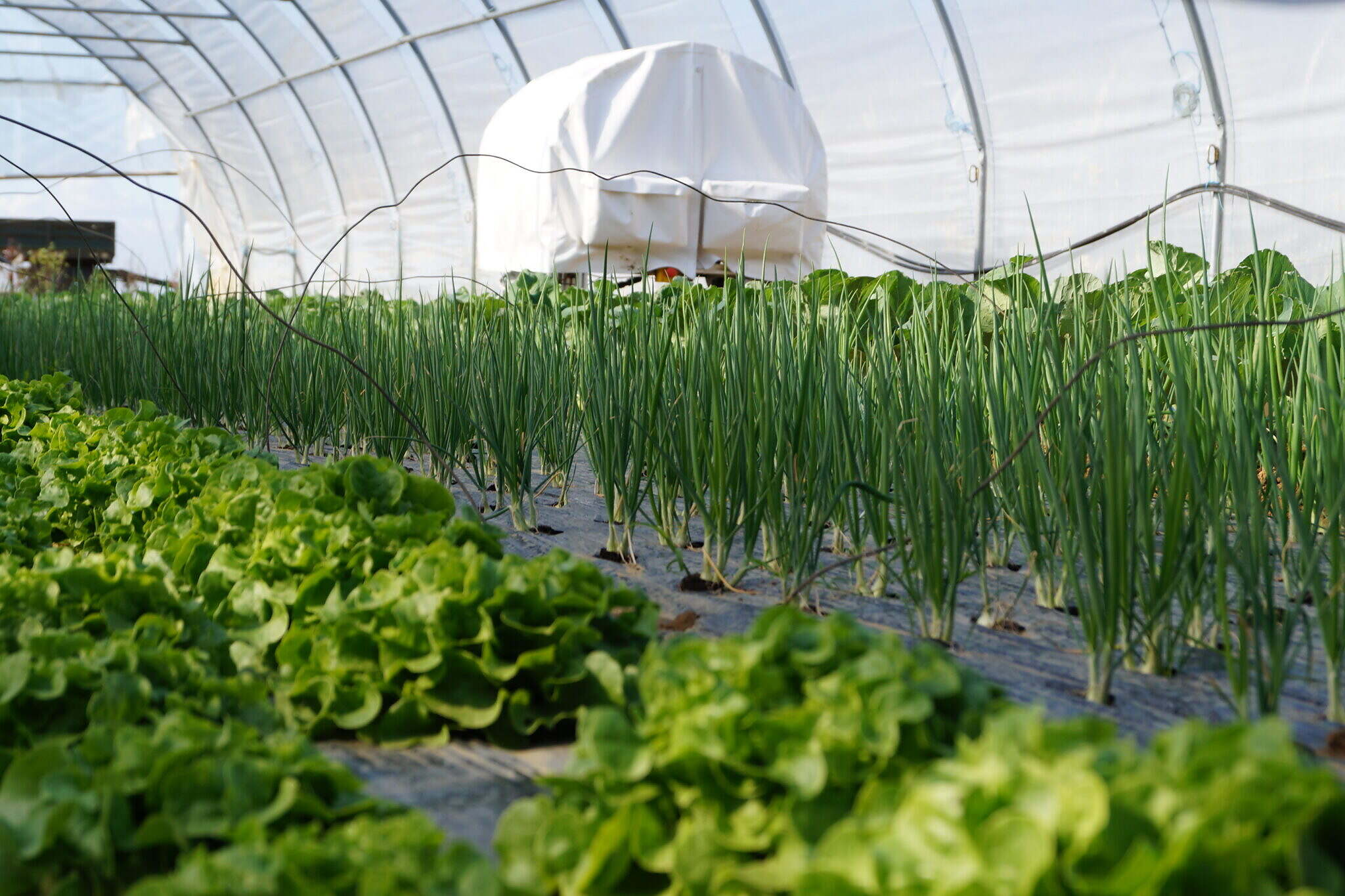
— Project
The ROMI project
It developed an open and lightweight robotics platform for these microfarms. We will assist these farms in weed reduction and crop monitoring. This will reduce manual labour and increase productivity through advanced planning tools. Thanks to ROMI’s weeding robot, farmers will save 25% of their time. This land robot can also acquire detailed information on sample plants and will be coupled with a cablebot that acquires information of a whole crop bed. Together, they will produce an integrated, multi-scale picture of the crop development that will help the farmer monitor the crops to increase efficient harvesting.
We continue to fine-tune our approach and we are tailoring the tools for 1000 m² farms that practice the “French Method” of intensive farming. This methods refers to the 19th century Parisian vegetable farmers who developed techniques to be highly productive all-year around on small plots in urban environments.
The work allows us simultaneously to test the limits of AI and robotics in complex outdoor environments and to define a novel framework to assist young farmers worldwide to successfully start their business in sustainable vegetable production.
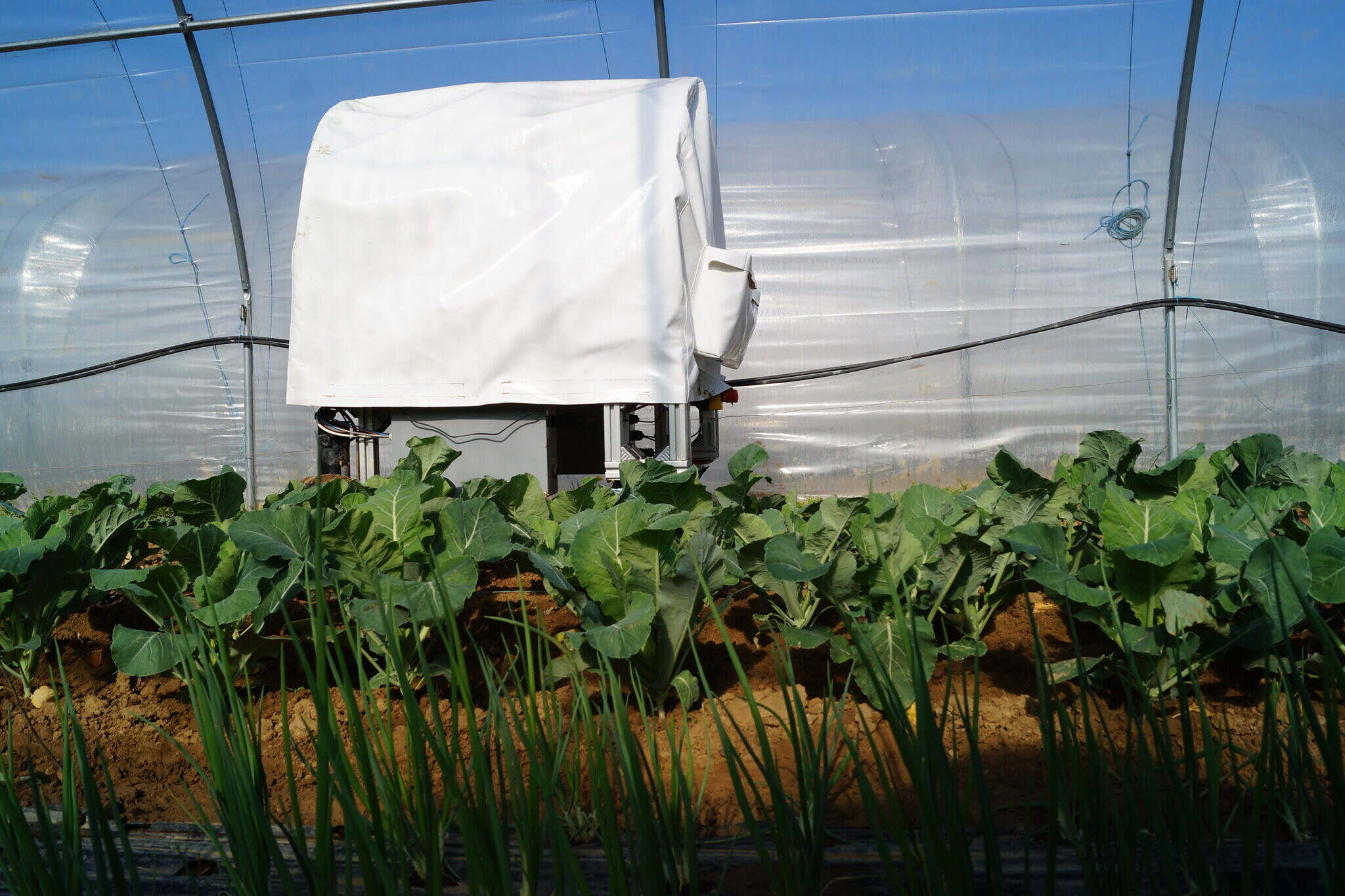
— Links
ROMI project: https://romi-project.eu/
Github: https://github.com/romi/
Related projects

Peter Hanappe
Director
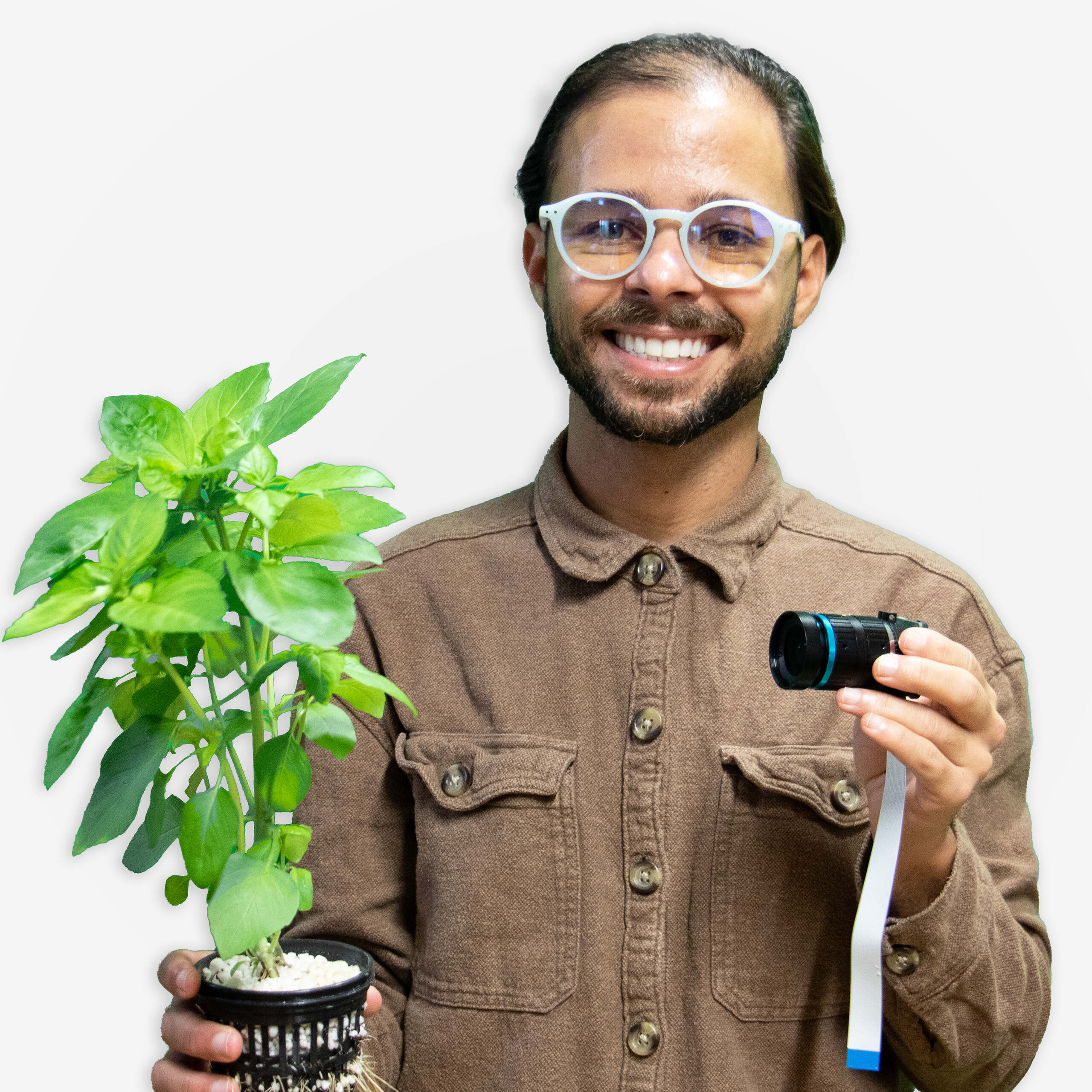
Lenon Modesto
Associate Researcher
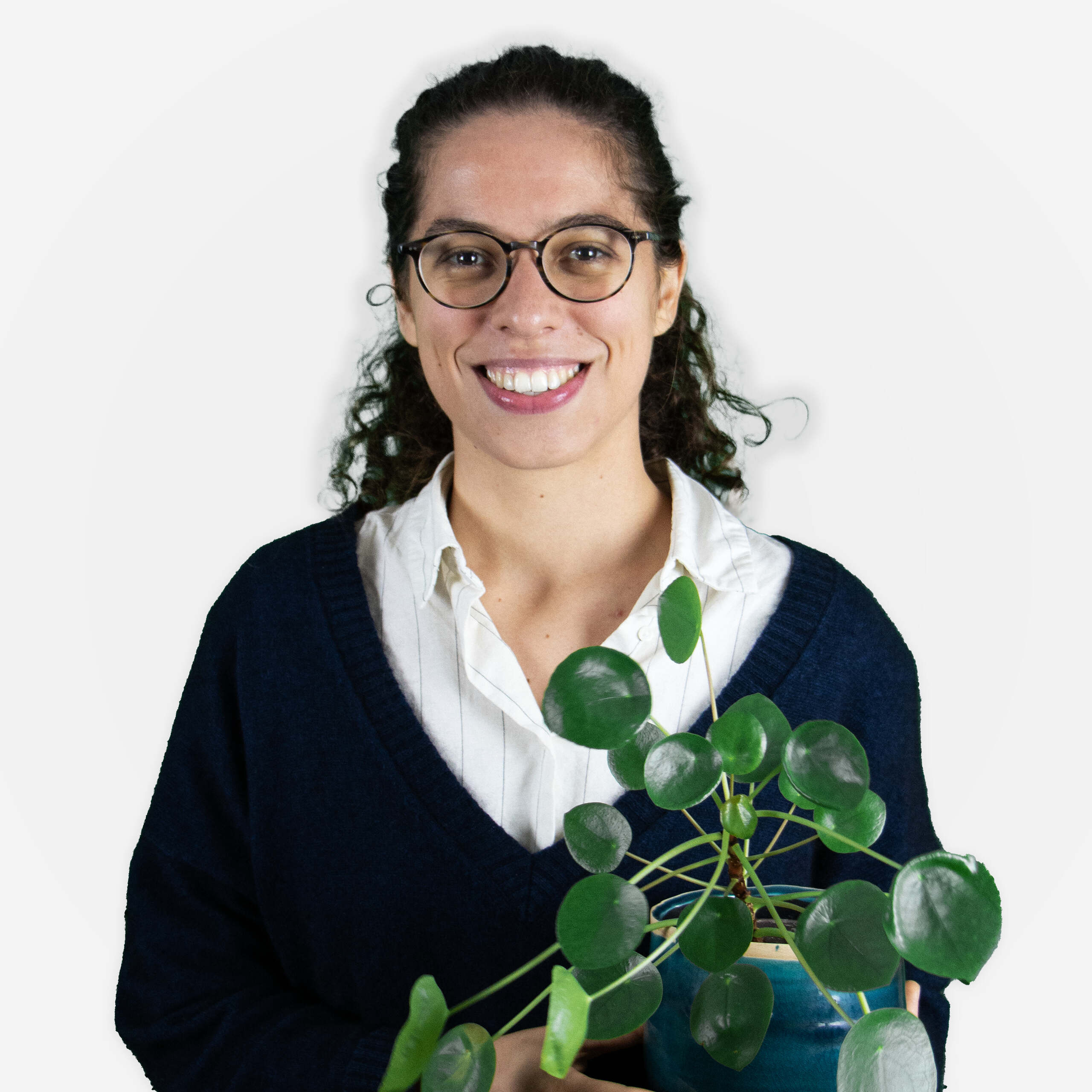
Aliénor Lahlou
Researcher

David Colliaux
Researcher


